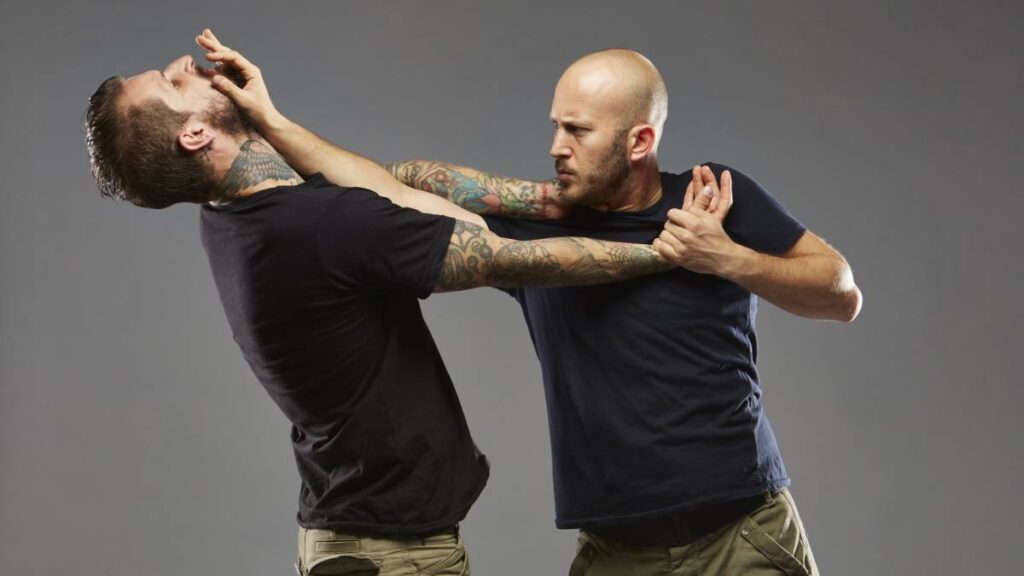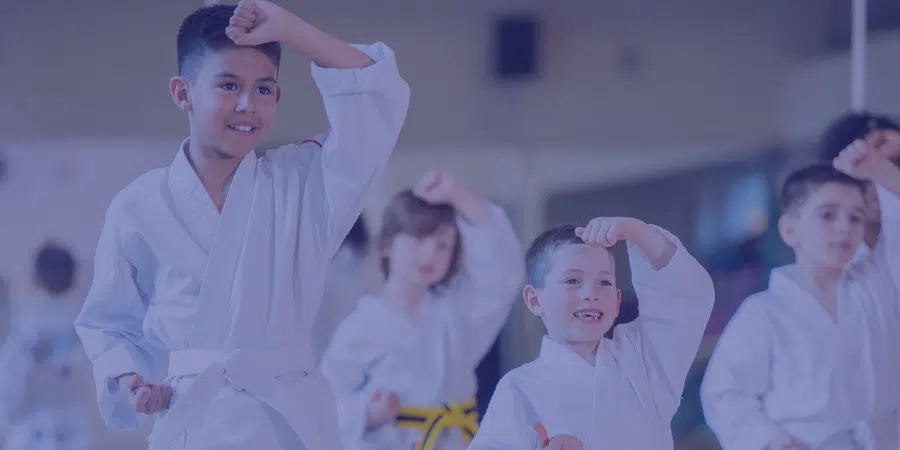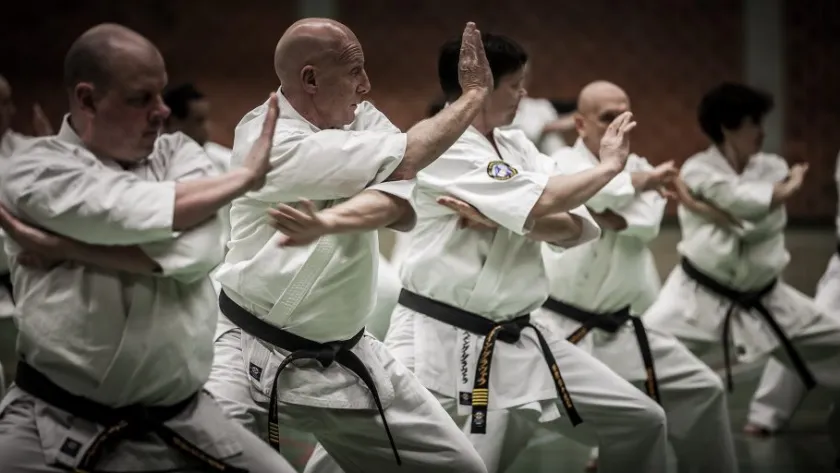Martial Arts for Women: Empowerment and Self-Defense

In recent years, martial arts have emerged as a powerful tool for women seeking empowerment, physical fitness, and self-defense. Traditionally dominated by men, martial arts have now become increasingly popular among women, offering benefits that go beyond the physical. The practice of martial arts not only provides women with the ability to protect themselves but also instills confidence, mental toughness, and a sense of empowerment.
This article explores the importance of martial arts for women, focusing on its role in self-defense, empowerment, and overall well-being.
1. Martial Arts and Empowerment
Martial arts offer a transformative experience for women, empowering them in multiple ways:
a. Building Confidence
One of the primary benefits of martial arts is the boost in confidence. As women learn techniques and improve their physical abilities, they develop a sense of self-assurance that extends beyond the dojo or training studio. This newfound confidence translates into everyday life, empowering women to face challenges, stand up for themselves, and overcome societal pressures that often discourage them from asserting their strength.
b. Mental Toughness and Resilience
Martial arts challenge the mind as much as the body. Women who practice martial arts are taught to remain calm under pressure, strategize in stressful situations, and persist in the face of adversity. These lessons in mental discipline and resilience can be invaluable in other areas of life, helping women navigate personal and professional challenges with greater composure and determination.
c. Breaking Stereotypes
Martial arts allow women to break free from gender stereotypes and cultural expectations about physicality. While many societies still view physical strength and combat sports as male-dominated, women who practice martial arts challenge these norms and demonstrate that strength, agility, and skill are not exclusive to men. By participating in martial arts, women claim ownership of their bodies and capabilities, fostering a sense of independence and autonomy.
d. Community and Support
Martial arts training often takes place in a community setting, where individuals of all levels practice together. This supportive environment fosters camaraderie and provides women with a sense of belonging. Many women find martial arts communities to be empowering spaces where they can encourage and uplift one another while pursuing their individual goals.
2. Martial Arts as Self-Defense for Women
Self-defense is one of the most important aspects of martial arts for women. In a world where physical threats are a reality, knowing how to protect oneself is a critical skill. Martial arts provide practical, effective techniques for self-defense that can help women feel safer and more prepared in dangerous situations.
a. Awareness and Prevention
Many martial arts programs emphasize situational awareness as a key component of self-defense. By staying alert to their surroundings, identifying potential threats, and avoiding risky situations, women can often prevent dangerous encounters before they escalate. Martial arts training teaches women to trust their instincts, recognize warning signs, and take proactive steps to protect themselves.
b. Practical Techniques
Martial arts offer a wide range of practical self-defense techniques that focus on neutralizing threats. These techniques are designed to be used in real-life scenarios where strength or size disparities may exist. Some key techniques include:
- Strikes and Kicks: Martial arts like taekwondo, karate, and Muay Thai teach powerful striking techniques that can be used to defend against an attacker. Women learn how to generate force through punches, kicks, knees, and elbows, aiming at vulnerable targets like the face, throat, and groin.
- Escaping Holds: Grappling arts such as Brazilian jiu-jitsu (BJJ) and judo teach women how to escape holds, chokes, and grabs. These techniques are particularly effective for women, as they emphasize leverage and technique over brute strength, making them useful against larger or stronger opponents.
- Joint Locks and Submission Holds: In addition to strikes and escapes, martial arts like BJJ and aikido teach joint locks and submission holds that can incapacitate an attacker. By applying controlled pressure to the joints, women can force an assailant to release them or stop an attack.
c. Dealing with Larger Opponents
A common concern for women in self-defense is the size and strength advantage that an attacker might have. Martial arts such as BJJ, Krav Maga, and judo teach techniques that allow smaller individuals to overcome larger opponents by using leverage, positioning, and an opponent’s own momentum. These martial arts prioritize strategy over strength, making them particularly effective for women.
d. Developing a Self-Defense Mindset
Beyond physical techniques, martial arts instill a self-defense mindset that is crucial for survival in threatening situations. Women are taught to remain calm and composed during a confrontation, which can help them think clearly and make quick decisions. This mental preparation can be just as important as the physical training, enabling women to respond effectively in a crisis.
3. Popular Martial Arts for Women
There are several martial arts styles that women can practice for self-defense and empowerment. Each has its own strengths and benefits:
a. Krav Maga
Krav Maga is a highly practical self-defense system that focuses on real-world scenarios. Developed by the Israeli military, it teaches women how to defend themselves against armed and unarmed attackers, escape from dangerous situations, and neutralize threats quickly and efficiently. Krav Maga’s emphasis on instinctive movements makes it accessible for women with little to no martial arts experience.
b. Brazilian Jiu-Jitsu (BJJ)
BJJ is a grappling-based martial art that teaches women how to defend themselves on the ground, where many real-life confrontations end up. It focuses on submissions, joint locks, and chokeholds that can be used to subdue a larger opponent. BJJ is highly popular among women because it emphasizes technique over strength, making it possible for smaller individuals to defeat larger attackers.
c. Muay Thai
Muay Thai, also known as Thai boxing, is a striking martial art that uses punches, kicks, elbows, and knees. Women can benefit from Muay Thai’s powerful and effective strikes, learning how to generate maximum force with minimal effort. Muay Thai also improves overall fitness, conditioning, and cardiovascular health, making it an excellent choice for women seeking both self-defense and physical conditioning.
d. Taekwondo
Taekwondo is known for its dynamic kicks and fast footwork. Women practicing taekwondo can develop strong, powerful legs, along with flexibility and agility. Taekwondo also places a strong emphasis on discipline, respect, and mental focus, providing holistic benefits beyond self-defense.
e. Aikido
Aikido is a Japanese martial art that emphasizes using an opponent’s energy against them. It focuses on joint locks, throws, and redirection of force. Aikido’s defensive techniques allow women to neutralize attacks without relying on brute force, making it a useful martial art for self-defense.
4. Physical and Mental Health Benefits
In addition to self-defense and empowerment, martial arts offer numerous physical and mental health benefits:
a. Physical Fitness
Martial arts provide a full-body workout, improving cardiovascular health, strength, flexibility, and endurance. Women who practice martial arts often experience weight loss, increased muscle tone, and improved overall fitness. The high-intensity nature of martial arts training also enhances stamina and energy levels.
b. Stress Relief
Martial arts serve as an excellent outlet for stress relief. The focus required during training helps women clear their minds and release tension. The physical exertion of martial arts practice also releases endorphins, promoting feelings of well-being and reducing anxiety.
c. Improved Focus and Concentration
Martial arts demand mental clarity and focus, which can improve cognitive function. Regular practice enhances concentration, problem-solving skills, and the ability to remain calm under pressure.
Martial arts offer women a path to empowerment, self-defense, and personal growth. Through rigorous physical and mental training, women can develop the confidence, skills, and resilience needed to navigate life’s challenges and protect themselves in dangerous situations. Whether for self-defense, fitness, or personal empowerment, martial arts provide a dynamic and rewarding practice for women of all ages and abilities.







Responses